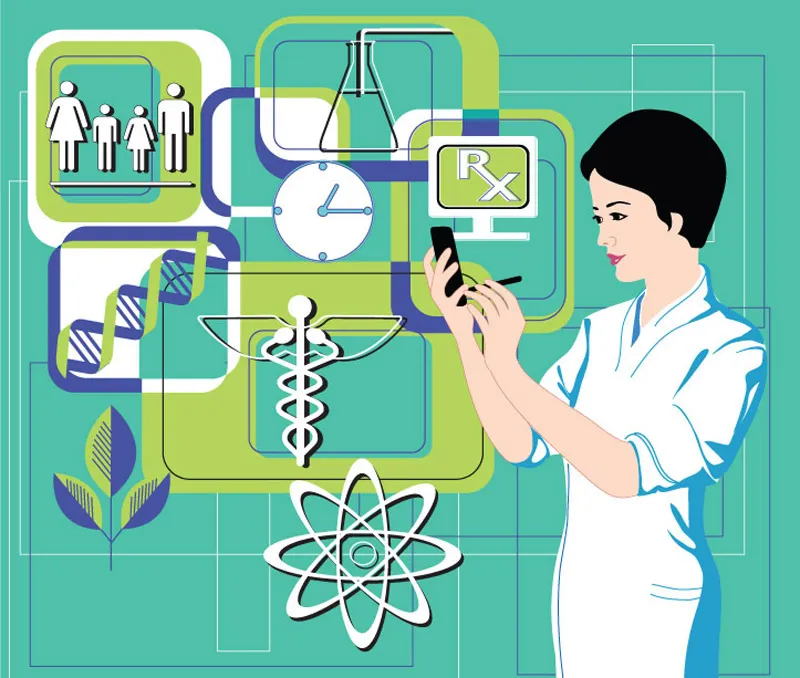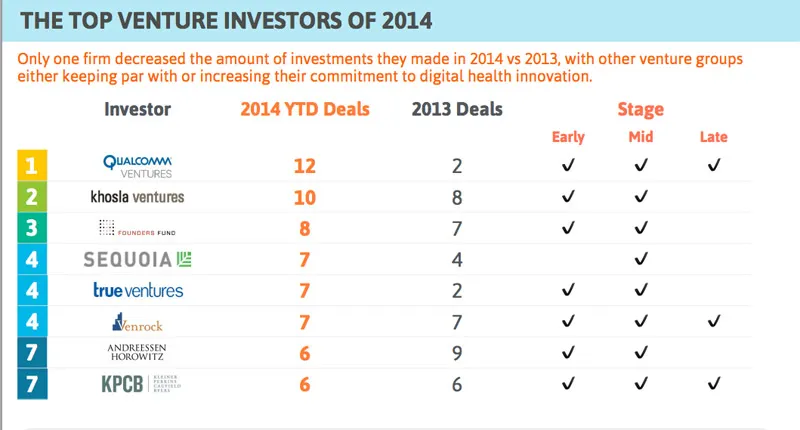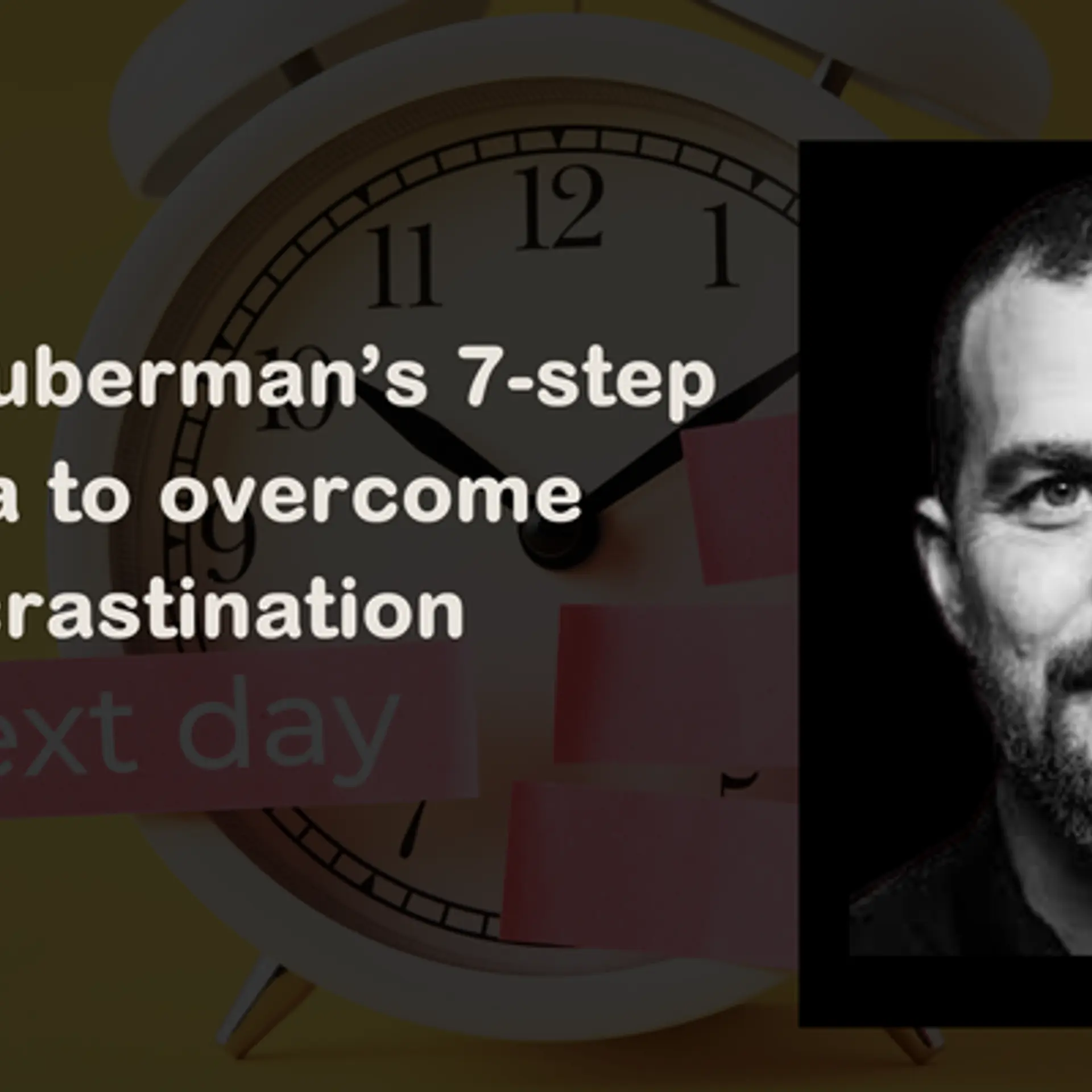How medical startups became the biggest thing in 2014
The key to disruption in the medical startups space has been the digitization of healthcare and patient records, and the creation of various discovery platforms for doctors and healthcare practitioners.
“If you look at the healthcare sector, it is one of the last sectors to be disrupted by technology. Nothing much had changed when you compared 20 years ago with three years ago. Now, of course, things are looking up,” said Varun Dubey, AVP, Practo.

Image credit "ShutterStock"
When the Founders Shashank ND and Abhinav Lal started Practo, a Bangalore-based healthcare startup that offers multiple products, in 2008, the only other large players in the market who were working on patient care management software were Microsoft and Google.
Experts say that both of them gave up mid way after considering it to be a long shot in the then-existing healthcare environment, but Practo continued working toward getting doctors, patients and healthcare practitioners onboard.
It all started when Shashank’s father needed a second opinion from a doctor in the US on an orthopedic diagnosis that had been made. Shashank had to manually scan and email all the reports. He wondered why there wasn’t a more seamless way or platform to access patient documents online.
Over the last six years, Practo has built both, a search platform for discovery of doctors, and an online platform for patient records, and continues to think of ways to simplify healthcare.
“We are on a mission to improve human longevity by simplifying healthcare. Over the next 12 months we will expand to 35 cities in India and several more international locations to help hundreds of millions of consumers around the world find the best doctors and make better healthcare decisions,” said Shashank earlier to YourStory.
Though Practo Search has seen tremendous success over the last two years, Varun confirmed that their larger goal was to get as many medical histories of patients on their platform, Practo Ray, by tying up with independent doctors, hospitals and specialty clinics across the globe. They currently have over 20 million health records – including prescriptions and medical bills – with almost 30,000 associations on their platform.
According to a report published by Startup Healthcare, an organization that incubates and gathers data about healthcare startups, says that more than 7,500 startups around the world are developing new solutions in digital health. AngelList, a social community of startups and investors to make fundraising efficient, shows a list of 7,629 companies globally, and 298 Indian companies under the healthcare category.
The number listed on AngelList might look small when compared to the activity the Indian startup ecosystem has been seeing in the healthcare space lately.

What is happening in the sector?
“This is one sector that pertains to your life, and people are becoming more and more aware about the possibilities. In short, an anxious person is the typical customer, and his behavior is driving this sector,” added Varun, who takes care of marketing initiatives for Practo.
According to the report released by India Brand Equity, the per capita expenditure on healthcare is estimated to increase to $89 in 2015 from $61 in 2012. The market size of the sector of India was estimated to be $ 75 billion during 2012-13 and is projected to reach $280 billion by year 2020, while hitting the $160 billion milestone in the year 2017.
What are the other driving forces for this sector?
- Large range of treatment costs
- Awareness about healthcare disorders
- Rising interest in medical tourism
- Need for quicker diagnosis
- Increasing disposable income
- Rising penetration of health insurance
What are the kinds of Indian startups in this sector?
- Healthcare discovery: These platforms connect customers to doctors and hospitals, and help them book appointments too. Examples are Practo Search and CrediHealth.com.
- Medical devices and diagnostics: These companies usually use intelligent technology to simplify diagnostic procedures. Examples are Perfint Technologies and Biosense Technologies.
- Specialty care: These startups focus on one vertical of medicine, so that they are able to provide special care to patients. Examples are MyDentist and Vasan Eye Care Hospitals.
- Digitizing and tracking: These platforms help in integrating all medical records of patients and putting them in one place. Examples are Practo Ray and eKincare.
- E-commerce: These websites help people order medicines and healthcare equipment from various vendors. Examples are HealthKart, Medidart and Medist.
India even has its own handful of healthcare accelerators that incubate ideas and startups in the life sciences and healthcare space. Bangalore-based InnAccel and Hyderabad-based HealthStart, launched around the same time in July last year, will incubate at least two or three startups in this space every year.
How is the funding scene?
The year 2014 was reportedly the year that digital health actually broke out. A whooping amount of $6.5B was invested into the sector at a 125 percent increase from the total amount invested in 2013.
“We believe the future of healthcare will be defined by personalized insights derived from large and original data sources. We are excited by the range of companies that are now using this strategy to convert the practice of medicine into the science of medicine,” said Euan Thomson, Partner at Khosla Ventures to Startup Health for its report.
Experts in India say that more and more attention (read as funding) will be given to startups that function in the intersection of healthcare and technology.







